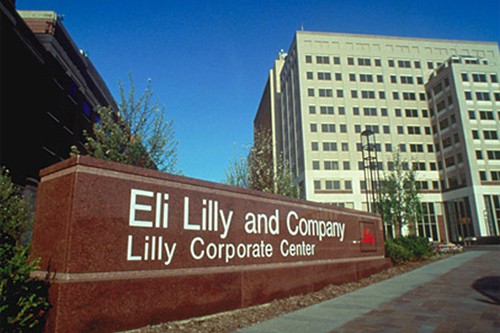 A Brazilian court has awarded $450m damages against Eli Lilly for exposing workers at a manufacturing facility to noxious chemicals, although the company strongly refutes the allegations.
A Brazilian court has awarded $450m damages against Eli Lilly for exposing workers at a manufacturing facility to noxious chemicals, although the company strongly refutes the allegations.
The ruling in the civil action concerns a Sao Paulo manufacturing facility run by local subsidiary Eli Lilly do Brasil between 1977 and 2003, with the judge in the case indicating that the company should pay for the healthcare needs of all employees, former employees and contractors who worked at the site.
According to Brazil‘s Ministry of Labour, some 80 former employees have undergone blood tests and all but three showed evidence of being exposed to heavy metals and benzene. The employees claim that the plant was used to incinerate waste at times when there was spare capacity.
In a statement, Lilly said it would appeal the ruling, saying the alleged contaminants were never used in the manufacturing operations at the facility and any suggestion to the contrary is “based on inaccurate scientific claims, as well as mathematical errors”.
The company’s general counsel, Michael Harrington, said: “In this case, there is absolutely no basis for the court’s decision that employees were harmed based on extensive scientific and medical assessments conducted by third party health experts, as well as by Lilly.”
The plaintiffs in the civil action further allege that the company illegally deposited waste in landfill on the Cosmopolis site, which is now owned by ABL Antibióticos do Brasil, a subsidiary of Italian pharma company ACS Dobfar.
ABL now has responsibility to clean up the environmental damage to the site, according to local press reports. The Brazilian company was also issued a US FDA warning Letter for Good Manufacturing Practice (GMP) violations at the Cosmopolis facility in 2009.
Last year, BASF and petrochemical giant Shell were fined $370m in a similar case brought former employees of a plant in Paulínea.
The latest action comes as the environmental impact of pharmaceuticals on the environment is under increasing scrutiny. For example, last year for the first time, the European Commission (EC) included pharmaceutical compounds in a list of chemicals thought to pose a risk to the safety of surface water.




